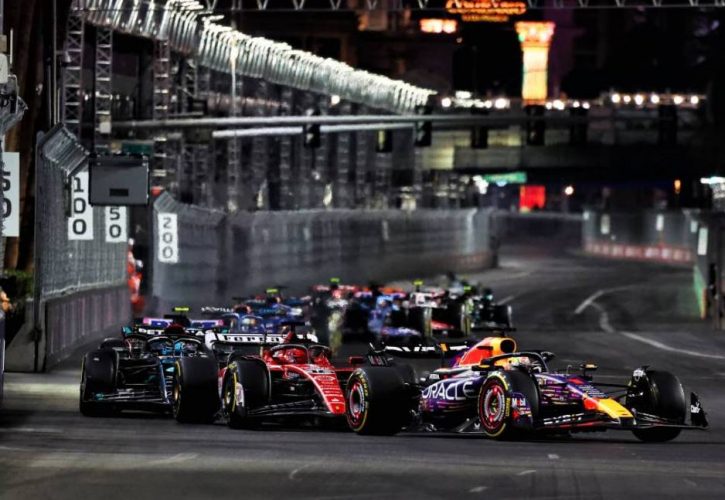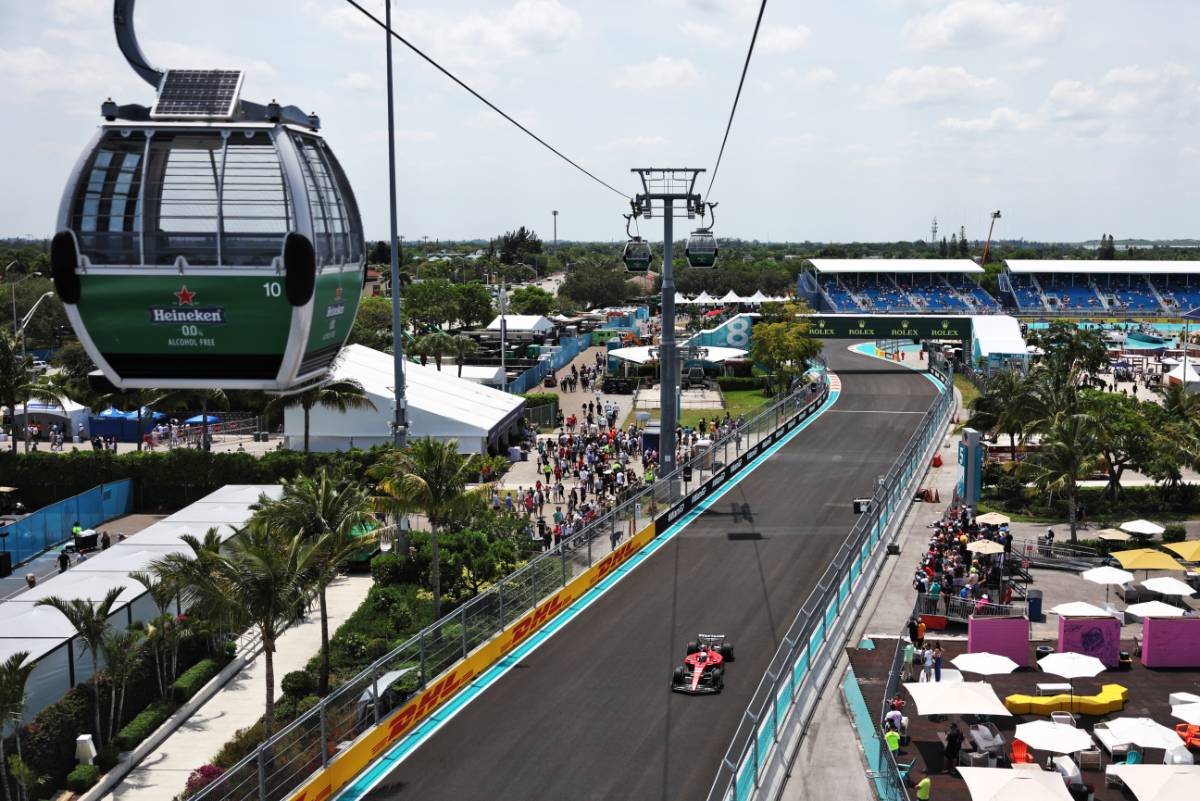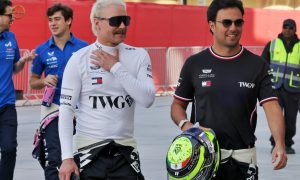
Former Formula 1 world champion Damon Hill has expressed his concern about the impact on the sport on the growing number of city street circuit venues on the calendar, while acknowledging that F1 must adapt to new demands.
It's not just the rising number of such events themselves that worries Hill, but also how they may be a result of or actively contribute to the technological direction of F1.
His comments come in the wake of confirmation that the Spanish Grand Prix will move from its traditional permanent racing facility at the Circuit de Barcelona-Catalunya to a new semi-urban track in Madrid.
Street circuits used to be a rarity in F1 limited to the likes of Monaco, Australia and Canada but recent new events have seen races staged in Baku City, Miami and Las Vegas.
The trend towards holding races on city street circuits at high profile destinations has followed the example of the all-electric FIA Formula E world championship which has raced in London, New York and Berlin.
“I like to watch the sport. I like to watch the developments,” Hill told the latest edition of the Sky Sports F1 podcast.
“The thing that I would just add on the Madrid announcement is that we’ve got new engine regulations coming in, and then the talk is of the difficulties they’re going to have in extracting consistent performance from the cars.
"This move towards a tighter, twistier circuit is going in the direction of let’s say Formula E which has chosen to have its races in city centres and also on very, it has to be said, restricted circuits.

Madrid's F1 street race would take around IFEMA, a major center for conferences and conventions.
"I hope that’s not an indication of a few concessions made towards the fact that these cars are going to be down on performance compared to where they are now [after the 2026 engine rule changes]."
Hill was quick to add that he wasn't opposed to change within the sport. "F1 has to adapt to new demands placed on it from a car manufacturing point of view as well as a government imposing correct environmental questions."
And he was optimistic that the new Madrid event would prove successful. “I hope it’ll be an exciting circuit and the most important thing is that the racing is exciting and the cars can race there and then we’ll be happy.”
The new street race on the Las Vegas Strip also had its detractors going in, with the reigning world champion notable lacklustre - but he had proved quite the convert after the inaugural Grand Prix.
“With the race in Vegas, we had a very annoyed Max Verstappen talking about the nature of circuits and the kind of circuits you’d like to race on," noted Hill.

Vegas set a new standard for hype and entertainment surrounding the race itself, and Hill accepted that this was very much a part of sport today.
"I think that on balance, having a circuit that is close to a major city centre is a good thing,” he said. “It does improve all of the experience that you’re going to get if you go to a Grand Prix.
“But we do need also to keep the Spas and stuff," adding that he wanted variety from the calendar.
"Of course Spa was actually a street circuit, roads that joined towns in the Ardennes. That’s how they originally raced on it. In fact a lot of the races that F1 or motorsport started on were just roads, so this is nothing new.
"It’s a kind of a bespoke circuit inside a city, but that’s how motor racing started. Closed loop circuit specialist tracks like Barcelona were actually quite a newish invention.”
The question now is whether that 'newish invention' as run its course and had its day, and what a return to the streets might mean for championships such as F1 in the future.
Keep up to date with all the F1 news via Facebook and Twitter






